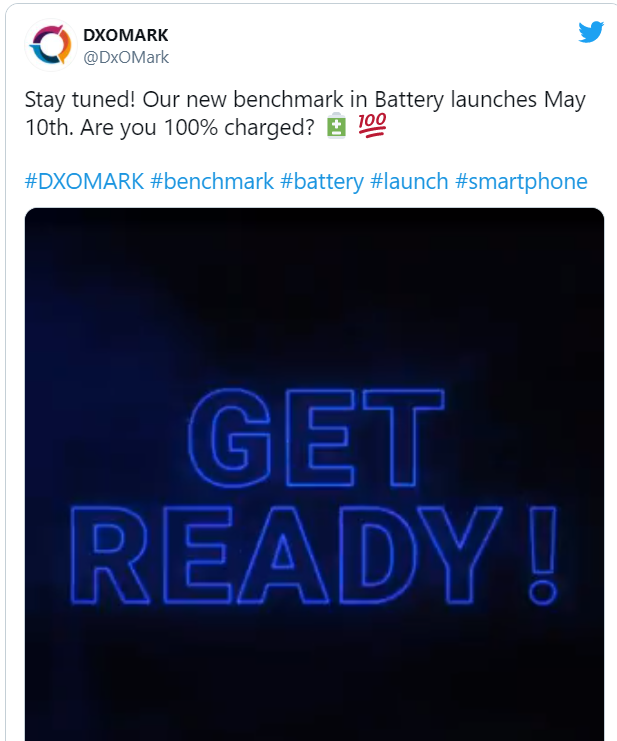DxOMark will soon start battery evaluations for smartphone
Currently, the Xiaomi Mi 11 Ultra tops its smartphone camera list with a score of 143 points. The list is followed by Huawei Mate 40 Pro+ with 139 points, Huawei Mate 40 Pro with 136 points, and Xiaomi Mi 10 Ultra with 133 points. The company says it uses an ‘Analyzer’ testing system for evaluation of image quality that includes software, hardware, and testing protocols, and ensures repeatable, operator-independent results.
Such variables on smartphones include factors such as whether you are using your phone in an air-conditioned indoor room, if you are outdoors, the number of apps running on your phone, the strain that each app puts on the phone battery, and so on. While it is not entirely clear as to how the ranking process will be carried out, DxOMark typically offers a systematic, set process followed across all devices in tests for cameras, speakers, and displays.
Last year, it set up the new Display lab to perform display tests and evaluations on smartphones, tablets, computers, and other products. DxOMark, the French component rating agency known for offering performance ratings to cameras will soon evaluate smartphone batteries, the company announced across its social media channels.

The latter takes note of the wide range of certifications that mobile displays come with, as well as features such as touch latency, refresh rates, and more. It is unclear whether DxOMark would only rate future smartphones or even the ones that exist in the market.
It will be interesting how the publication will set parameters as battery performance depends on numerous external and under the hood factors. The new category will start appearing on May 10, it added. At the moment, DxOMark has not clarified the exact parameters based on which it will evaluate battery performance. Started in 2008, the publication was originally owned by DxO Labs, a French engineering and consulting company headquartered in Boulogne-Billancourt, Paris, France.






